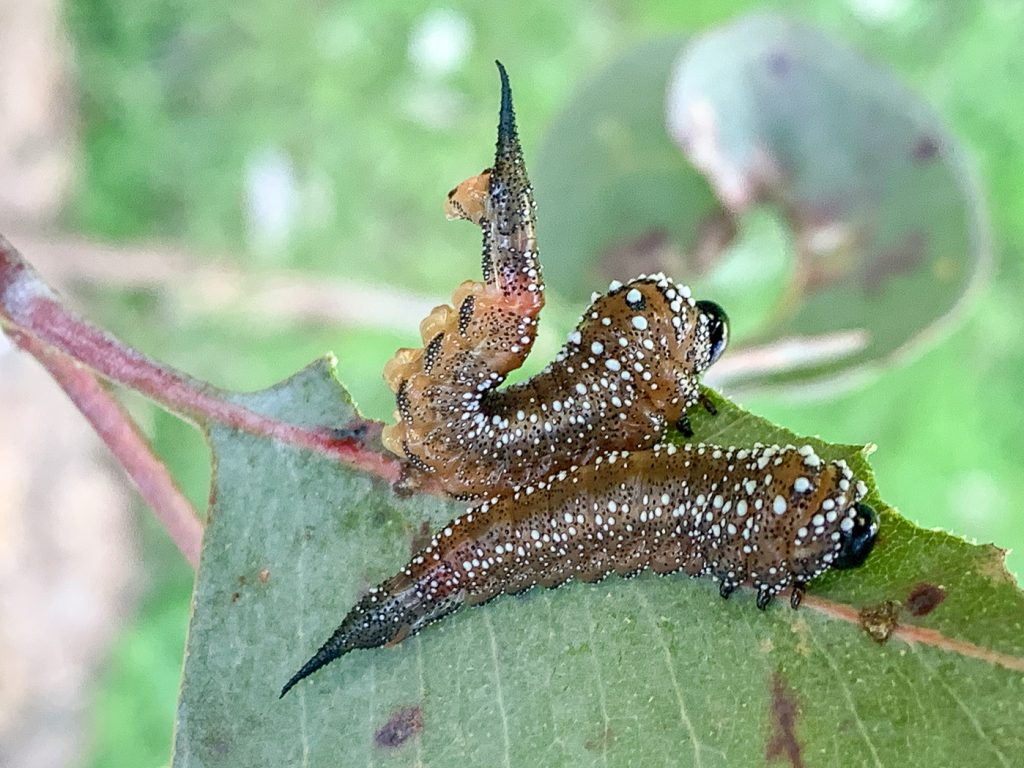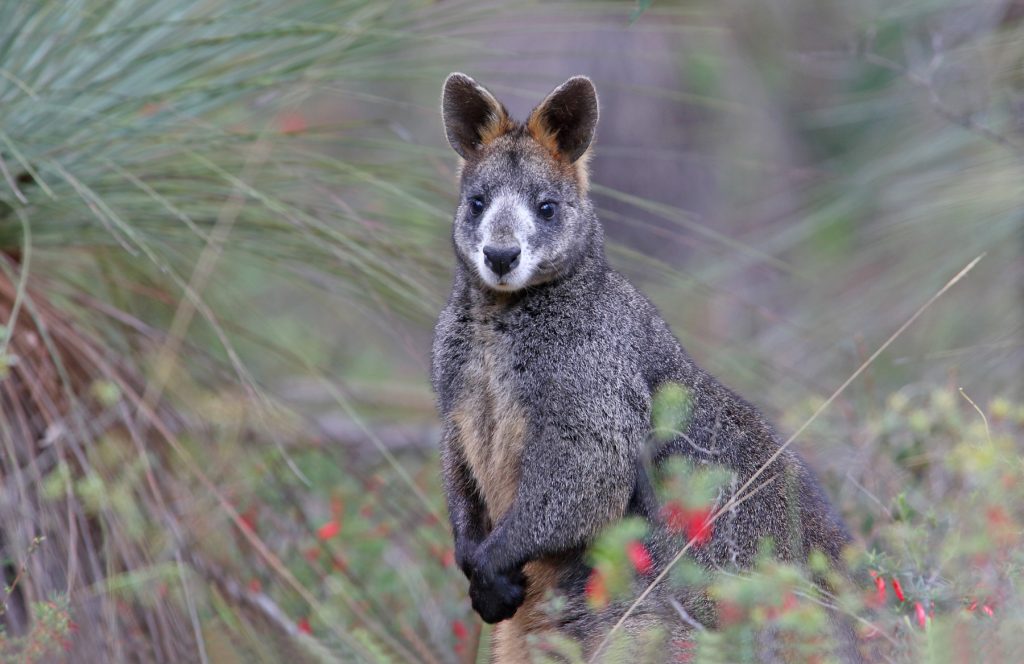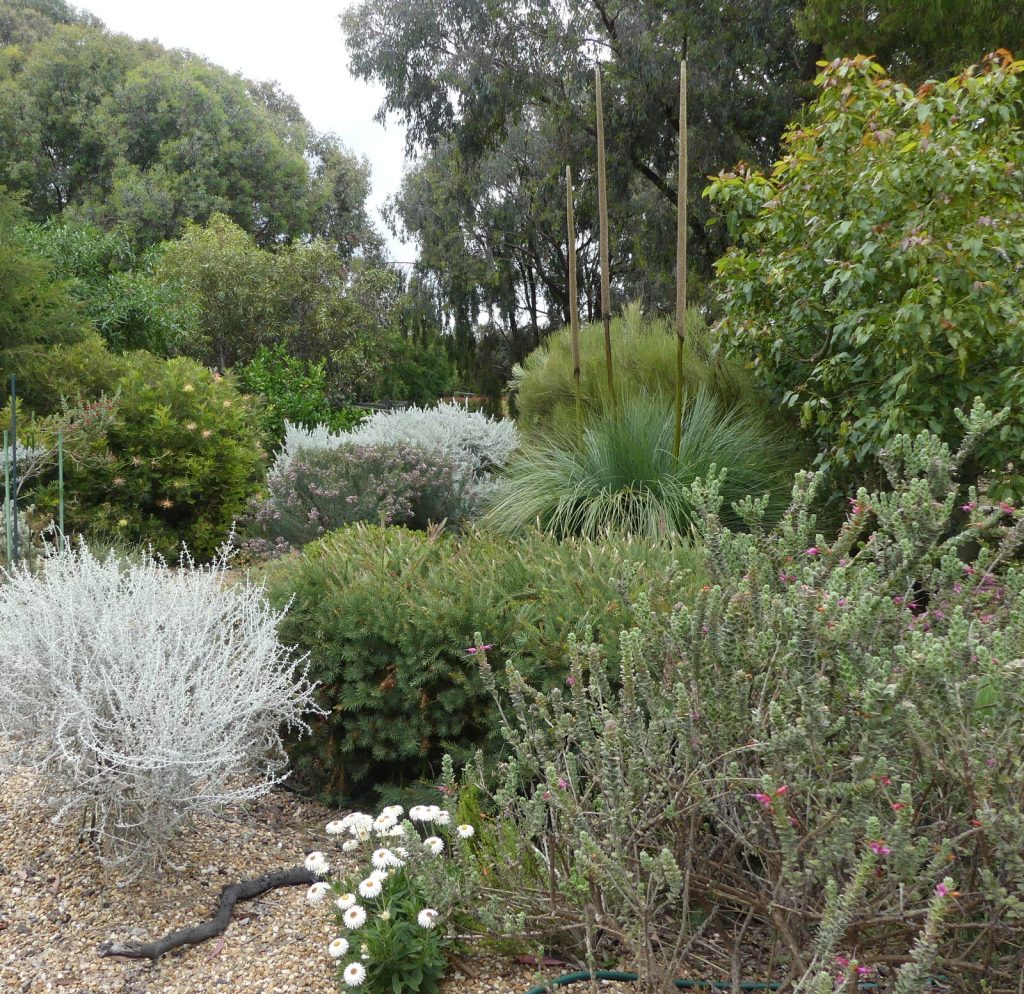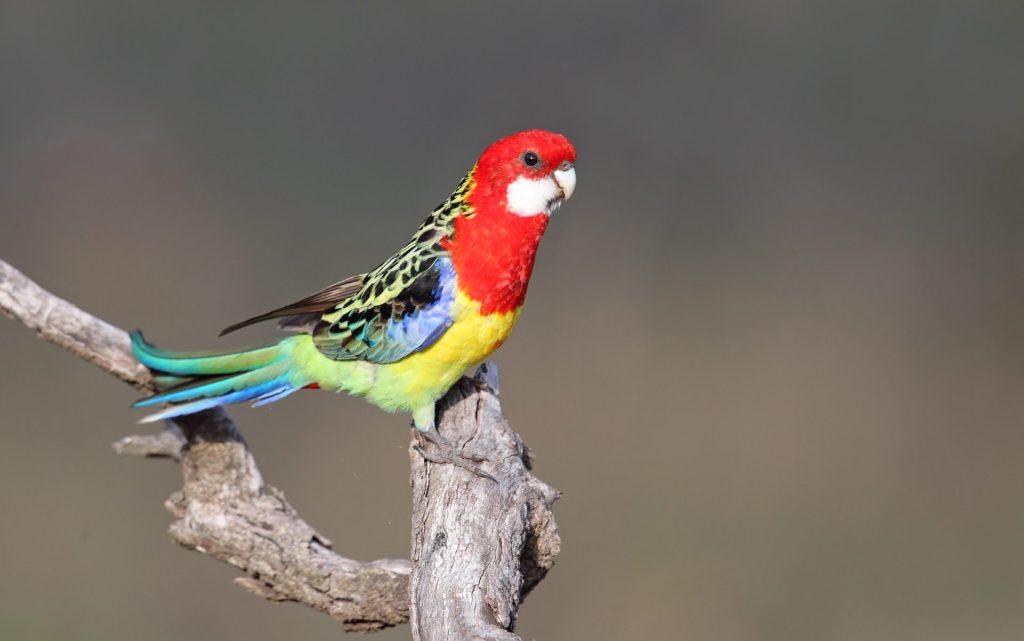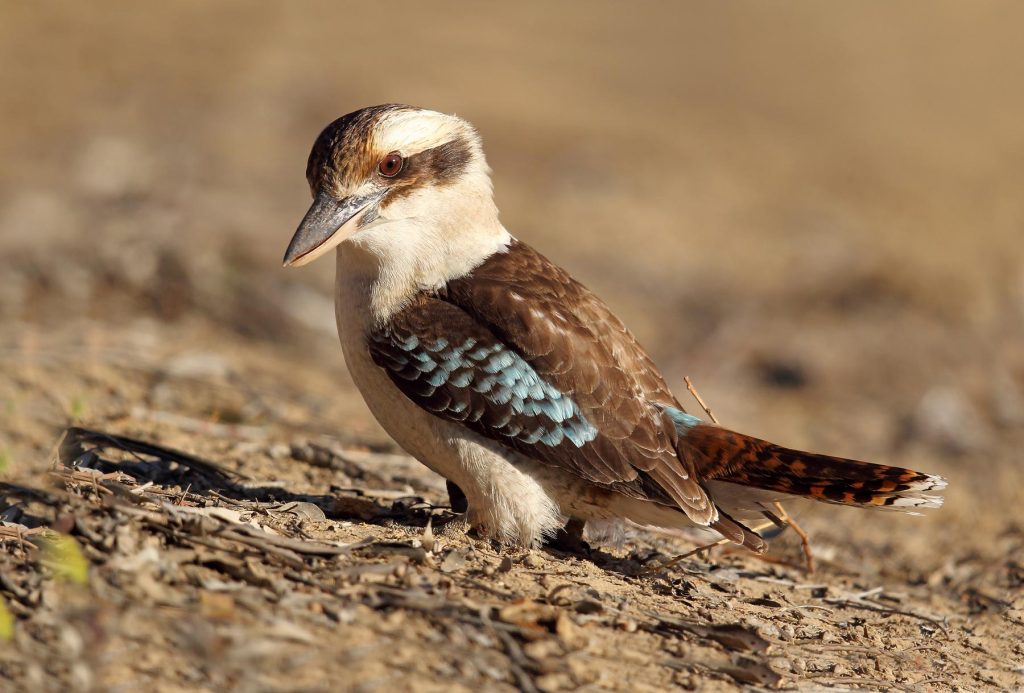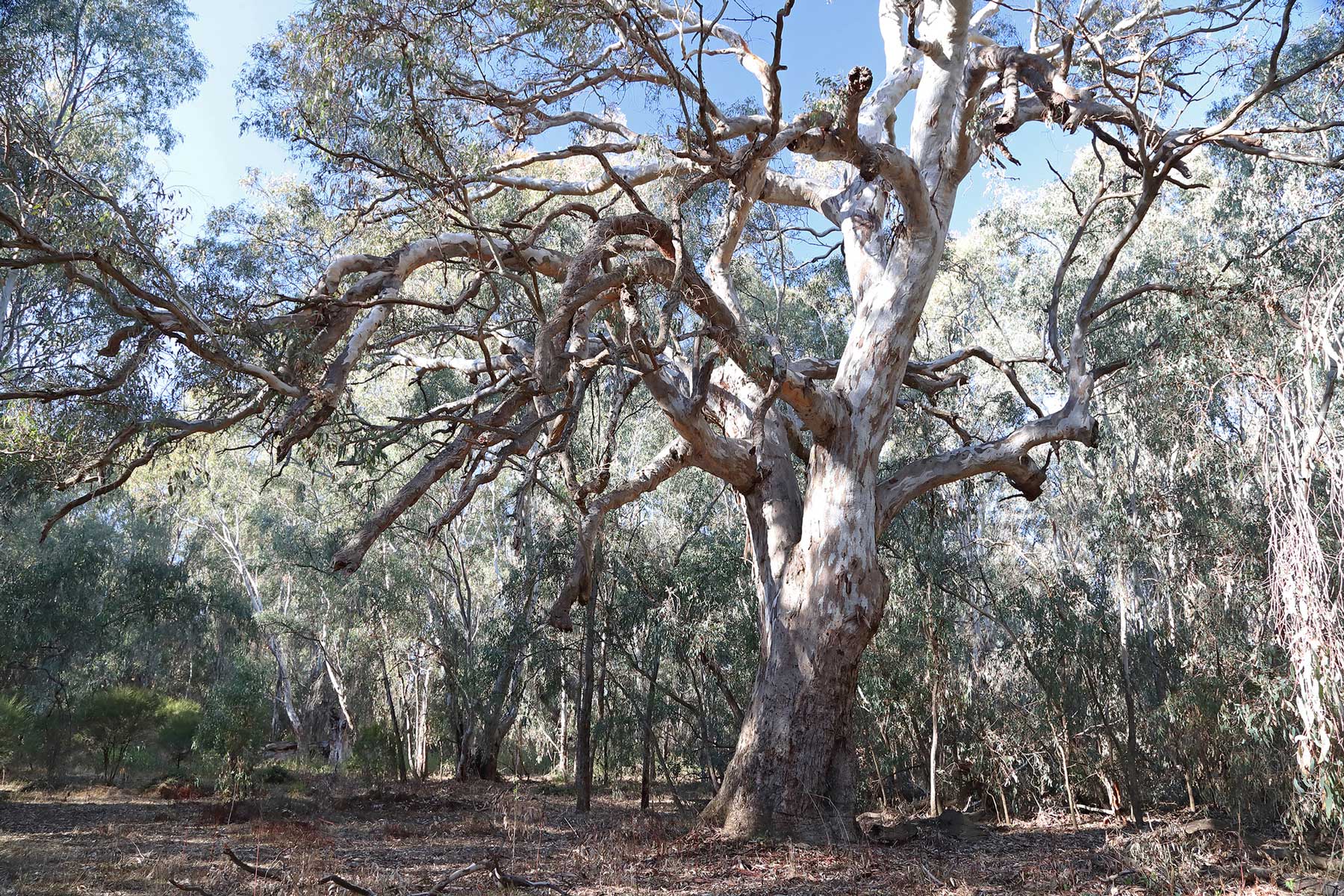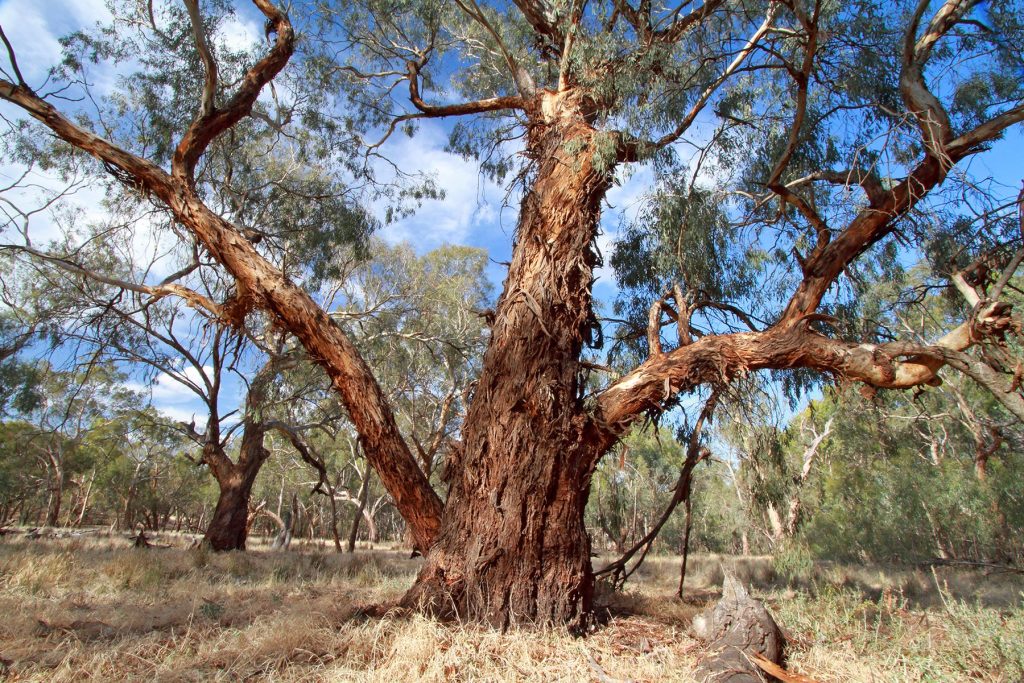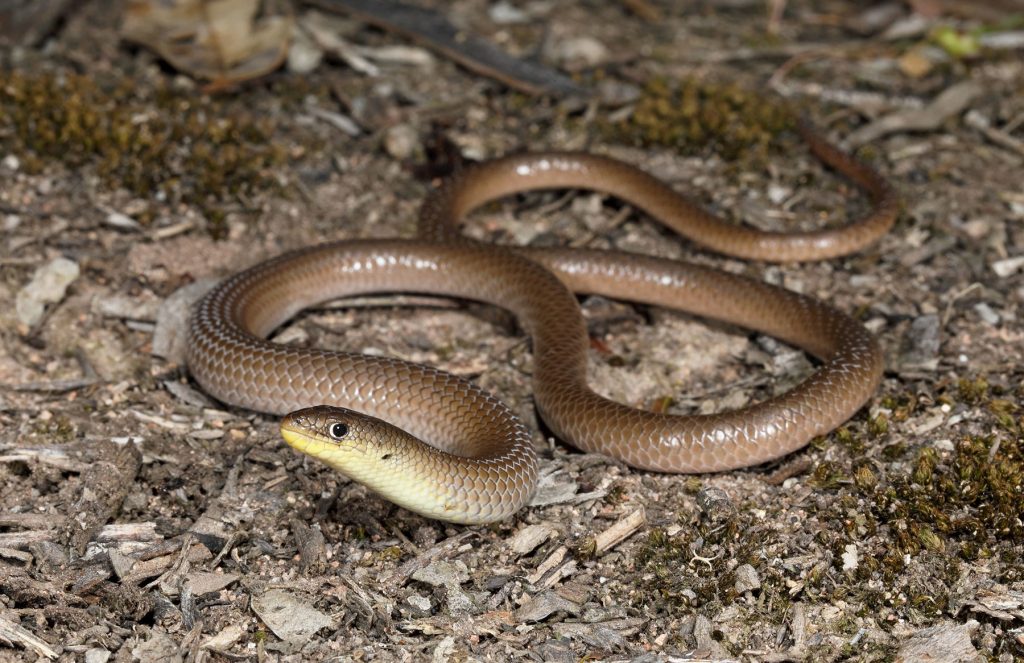
Living Lightly, our last column?
By Kirsten Coates, Coordinator 2020-2023. As I leave the role of coordinating Living Lightly, I have been reflecting on the three things I have learnt in that time. Firstly, I am regularly reminded what an incredible and (literally) awesome world we live in. Through articles on birds in our local

